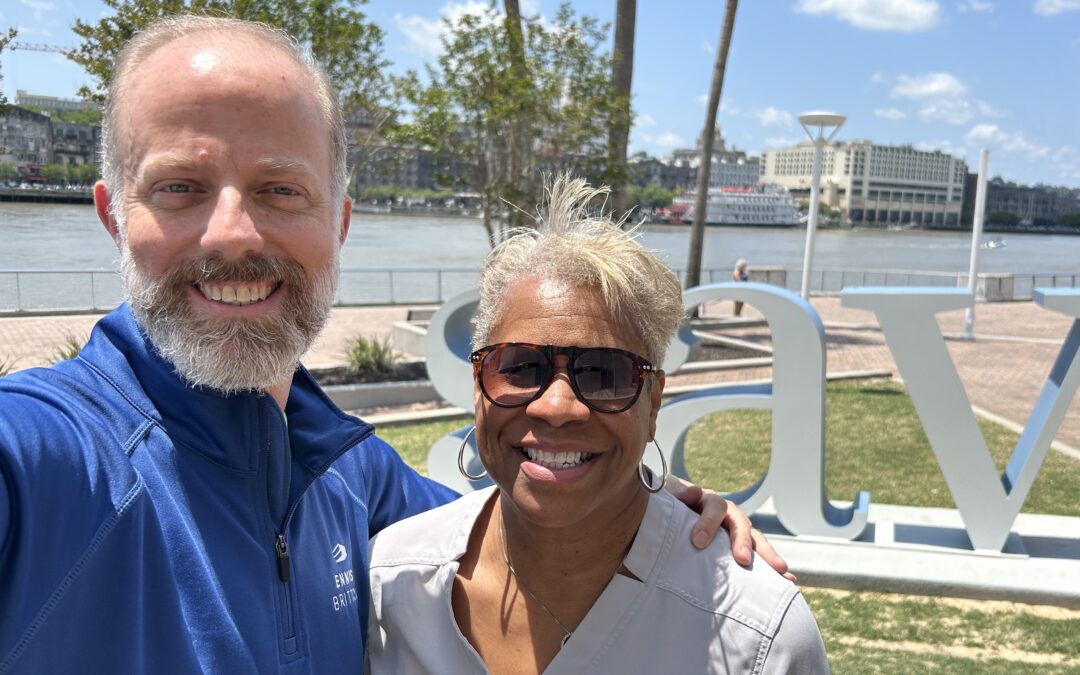
Special Education Update: 1st Ten Days of Suspension Without IEP Services Does Not Deny FAPE….Right?
Student discipline for students with disabilities on an IEP is generally understood to allow ten days of suspension without a need to provide services. In a recent case, a state level review officer in Ohio considered whether a failure to provide services within that ten day period might constitute a denial of FAPE.
In the case, a parent had filed for due process alleging that the student required a one on one aide for the student, the student had been bullied, the IEP was not being followed, the student was not being allowed to attend specials, was being graded unfairly, and that the school was denying the parent access to ClassDojo. Additionally, the parent alleged that the student was not provided with services during a recent six-day suspension. The parent requested compensatory education, home instruction or tutoring. The parent was pro se; i.e., representing themself.
The impartial hearing officer considered three issues: whether the parent was provided with procedural safeguards, whether the IEP was implemented appropriately, and whether bullying prevented the student from receiving a FAPE.
The hearing officer found the district did develop and implement an IEP appropriate for the student to receive a FAPE and that bullying had not prevented the student from receiving a FAPE (in fact, there was no evidence presented about bullying in the hearing.). However, the IHO found that the student was denied FAPE and entitled to six hours of compensatory education in the form of home instruction or tutoring for the six days the student was suspended and did not receive services in the IEP.
Both the district and the parent appealed the IHO’s decision. The school district argued that the law does not require provision of compensatory education during the first ten days of suspension, relying on the IDEA provision requiring that a student who is suspended for more than ten days in a school year receive services (20 USC Sec. 1415(k)(1)(B), 35 CFR 300.530-300). The district also argued that it did offer services for the six days of suspension and the parent refused those services.
The SLRO considered the issues, including the length of the suspension. In doing so, the SLRO, found this, “…does not necessarily mean that there cannot be circumstances in which a student who is suspended less than ten (10) days is denied a FAPE. I do not find the statute to mean that a FAPE is never denied unless the suspension is at least ten (10) days.”
In applying this interpretation to the facts, however, the SLRO reversed the IHO determination, finding that because the district had offered services during the suspension and the parent refused, he would not order them to provide it now. Additionally, parent had offered no evidence that the suspension denied FAPE on the facts of the case. The SLRO also affirmed on the other issues, including that the IEP was appropriate and enabling him to make progress in the least restrictive environment and denied the parent’s appeal.
What this means for schools: While this decision may be fact specific, Districts and IEP teams should carefully consider the full impact of a denial of services even for short- term removals.




